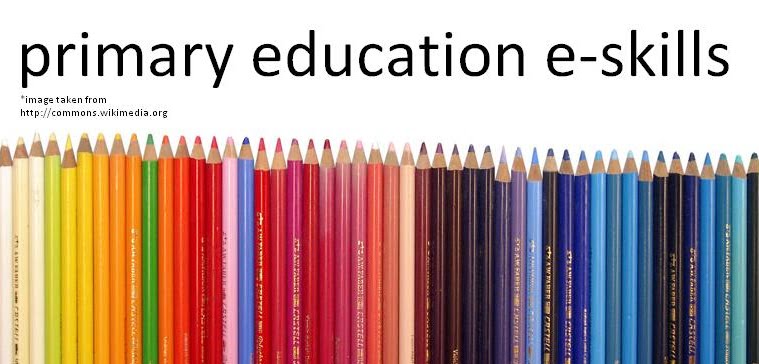Article: E-safety and Web 2.0 - Web 2.0 technologies for learning at Key Stages 3 and 4
Mike Sharples, Rebecca Graber, Colin Harrison and Kit Logan
Wow, just when you think teaching/learning technologies and Web2.0 tools are amazing, the darker side rears its ugly head. Cyber-safety and cyber-bullying are INCREDIBLY important topics, ones that ABSOLUTELY MUST be thoroughly explained to students. This excerpt from the article above highlights the role a teacher must play in keeping children away from danger:
Schools can have a role in educating children to use the new internet safely and responsibly. Teachers can help children to appreciate when they cross the line from normal and acceptable Web 2.0 activity, which may include posting some personal details online, to abnormal and risky behaviour. Currently, most children are prevented from engaging in any social activity on the web at school. While this may remove the immediate danger to children and protect the school or local authority against lawsuits, it may also store up further problems for society at large. Now that most children have home access, safe behaviours are essential, but a strongly protected online environment at school may not provide the opportunity to learn these.
While on prac, and during my work at a before/after school centre, I witness verbal and physical forms of bullying every day. It saddens me to think that once more and more technology is introduced into our schools, cyber-bullying will become much more apparent. I believe that it is absolutely vital to teach our children social skills and how to interact fairly in group work/play situations - THEN and only then, introduce technology into the picture. If our children grow up to be anti-social beings, ones that have no idea how to cooperate fairly in teams, then what is the point of adding another thing that teachers must fight against - tackle the underlying issue first.
But then again, are we really fighting a battle that has already been lost? Many children nowadays have severe anti-social qualities, and alot have computers in their bedrooms. If we do all we can as teachers to educate about online safety and cyber bullying, is that enough? I think parents more so than teachers need to first be educated about the risks of allowing their children to surf the net unsupervised.
Martine, in her blog, provides a checklist of information that parents/and additionally teachers can use when discussing and implementing internet safety:
- keep the computer in a family room, NOT in a bedroom
- understand parenting controls on your internet browser and how to block websites and emails - find softwares that can be used to help protect your child
- dont allow your child to submit personal information on line without your permission
- encourage them to show you and tell you about anything that makes them uncomfortable when surfing the internet
- familiarise yourself and talk to your child about who they contact on-line
For more information, the article linked above provides statistics and easy to read information about these issues. All in all, a very thought provoking issue!



No comments:
Post a Comment